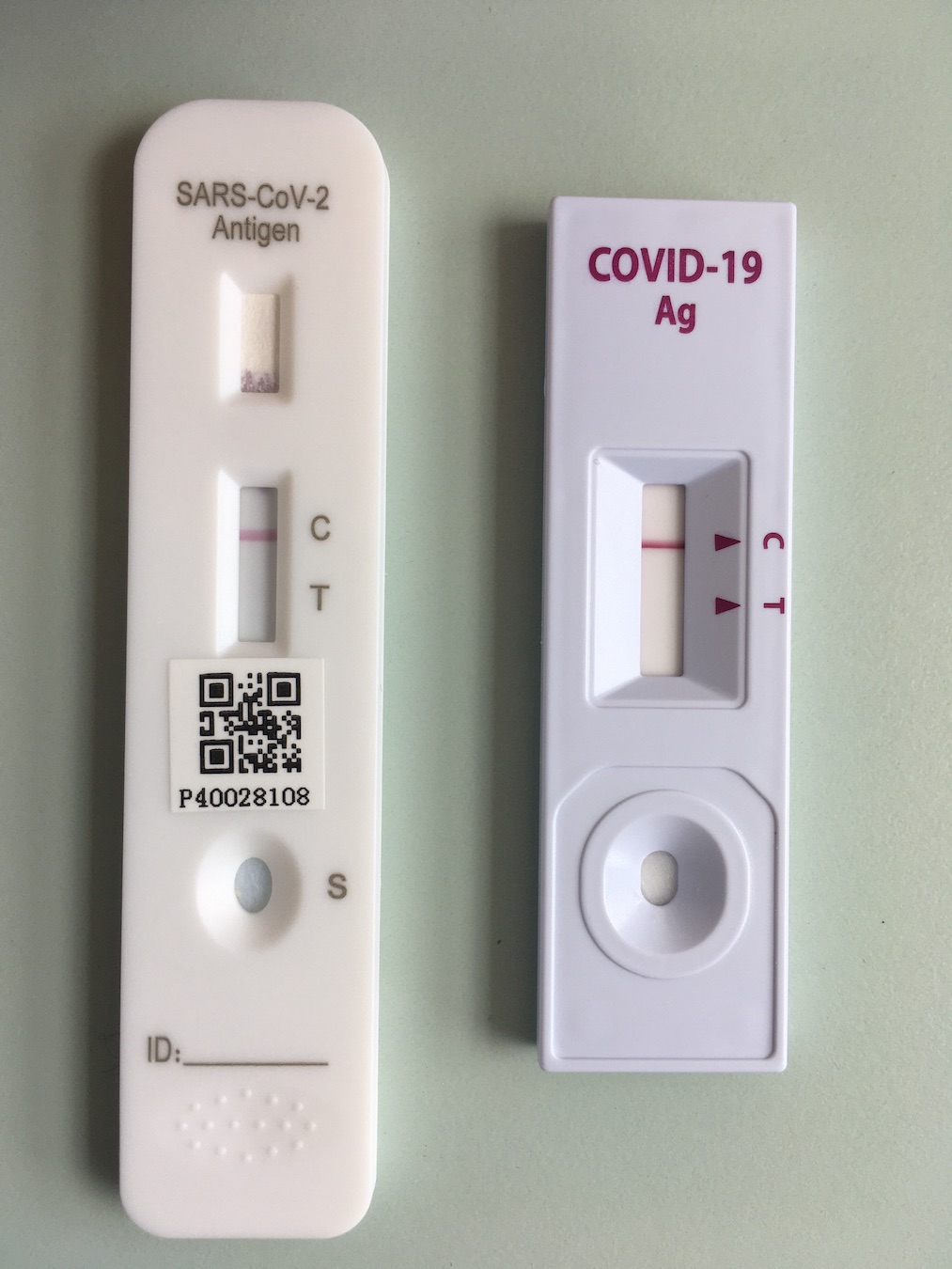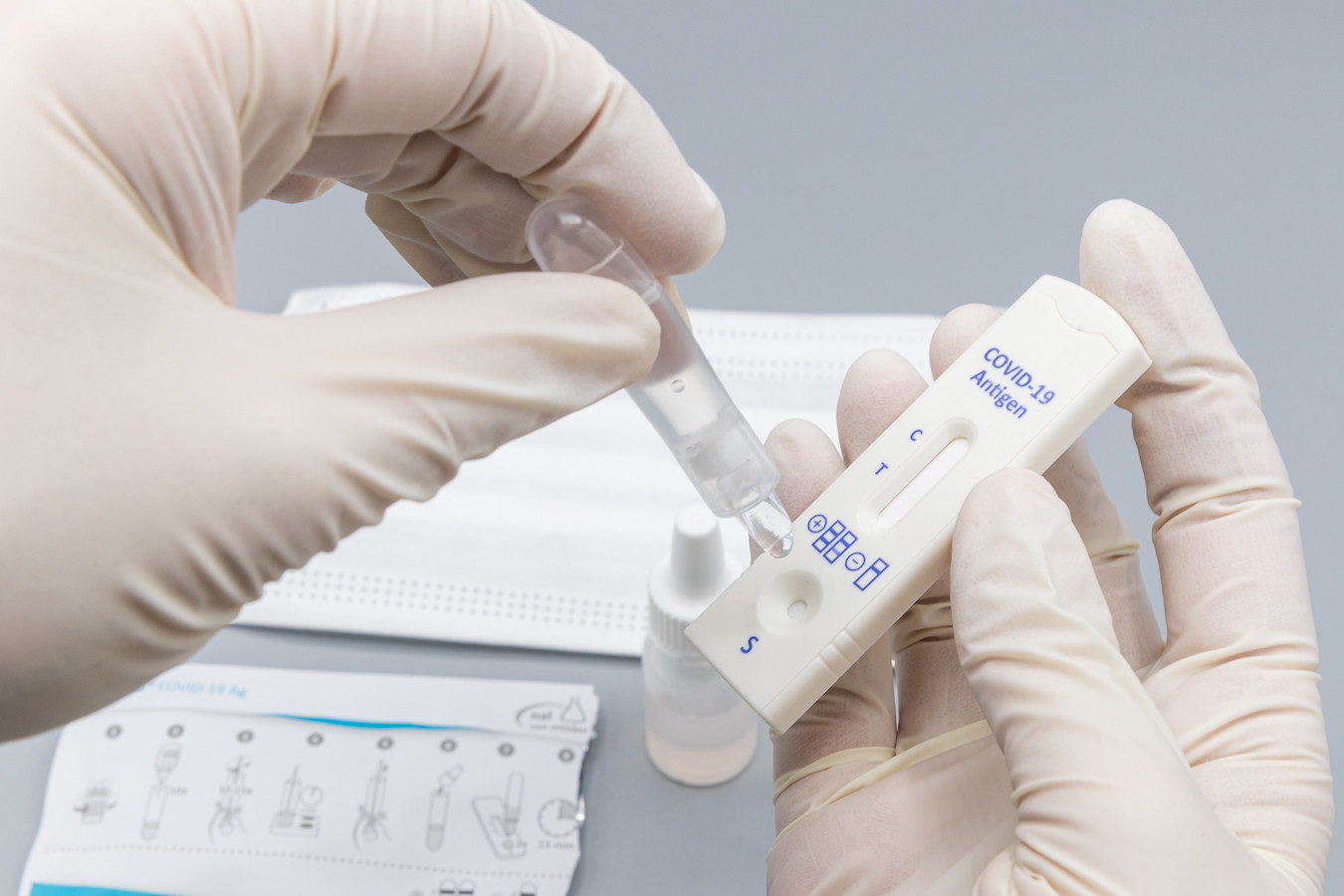by Brian Hioe
語言:
English
Photo Credit: dronepicr/FlickrCC
AS COVID-19 SPREADS throughout Taiwan as part of the current outbreak, what may be particularly of note is the degree to which the outbreak has interfaced with personal behavior.
The Central Epidemic Command Center (CECC) that coordinates Taiwan’s COVID-19 response is heavily reliant on voluntary compliance with measures at present. In part, this is due to the behavioral patterns of the Taiwanese public through the course of the pandemic, but this is also due to lack of manpower.
After all, the medical system is strained to its capacity with tens of thousands of cases reported daily. It may not be long now that Taiwan breaks 100,000 daily cases. With confirmed cases currently requiring a seven-day quarantine, followed by seven days of self-health management, the CECC is relying on voluntary compliance for individuals reporting rapid test results to the government and quarantining at home.
For the most part, Taiwan has sought to avoid lockdowns of entire cities, or individuals being forcibly confined to their homes, as occurred in China. To this extent, the Taiwanese public has had a pattern of not only seeking to voluntarily comply with measures, but sometimes taking measures into their own hands. So, one has seen a number of businesses shut down in order to avoid the current wave.
One saw that in early stages of the pandemic, as well, with city mayors calling for the escalation of measures before the CECC did or criticizing the CECC for being too hasty to relax measures–though in many cases, this was to try and politically gain from attacking the CECC. Yet during this time, one saw similar behavior from some business establishments, in spite of the financial hit.

Photo credit: Lennardywlee/WikiCommons/CC
So, then, with the current outbreak reliant on voluntary measures, what particularly proves of note is the extent to which many members of the public self-report their COVID-19 status on social media. This is often the case among young people, who post the results on social media–this being the case with regards to both positive and negative tests. Some are required to rapid test for work, but there are many individuals who are not, and still engage in this self-reporting behavior anyway.
Apart from that this naturalizes self-testing, this could also have an impact on how COVID-19 is perceived in Taiwan going forward. COVID-19 is no longer confined to a small number of individuals, but now will spread to the public en masse, and for individuals seeing that people around them are getting COVID allows them to adjust their behavior accordingly. Some will change behavior to try and steer clear from COVID, such as avoiding restaurants, bars, and other crowded areas. More generally, as Taiwan transitions away from COVID-zero and towards co-existence with COVID-19, this may naturalize getting COVID-19–and taking preemptive measures to prevent others from getting COVID-19.
Indeed, the Tsai administration has been criticized for shortages of COVID-19 rapid tests, due to apparently not preparing ahead of time for the inevitability of an outbreak. The pan-Blue camp has leveraged on this to attack the Tsai administration in a conspiratorial manner, repackaging narratives it previously used about vaccines, in accusing the Tsai administration of having illicit investments in rapid test manufacturers, or seeking to keep certain brands out of Taiwan but not others.
Still, one notes that politicians of both major political camps spoke of the eventual need to co-exist with COVID-19 early on in the pandemic, though it’s a question if they were just saying this or were serious about the idea. But it may be that the Tsai administration did not anticipate how quickly the Taiwanese public would embrace voluntary rapid testing, as reflected in the social media phenomenon of self-reporting results, or businesses themselves stipulating their employees self-test. This may be the roots of the shortage, rather than a failure to prepare for transitioning to co-existing with COVID-19 as a whole–after all, hospital capacity has remained stable through the course of the recent outbreak, but the most visible shortcoming of the Tsai administration’s transition away from COVID-zero is the lack of tests. This is to be seen.



